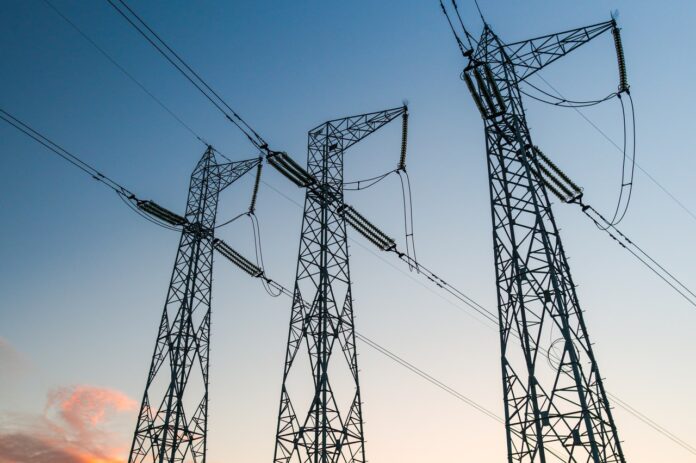PESHAWAR: Different departments of the Khyber Pakhtunkhwa (KP) government have to pay Rs2 billion in terms of electricity bills to the Peshawar Electric Supply Company (PESCO).
According to details, the provincial government has directed administrative departments to clear the arrears as soon as possible but the departments have to make the payment.
The KP Finance Department has said that on July 1, 2020, arrears of the KP government stood at Rs1.31 billion whereas bills amounting to Rs7.83 billion were received during the first 11 months of the said financial year (11MFY20), of which Rs7.4 billion was paid.
The arrears owed to PESCO have reached Rs2.12 billion so far. The public health engineering department is responsible for Rs766 million, police for Rs127m, irrigation for Rs121m, judiciary for Rs55m, prisons for Rs16m, communications and works for Rs34m and health department for Rs40m. The higher education department owes Rs0.8m, the endowment department Rs7.6m, the administrative department Rs9.7m and the forest department Rs10m.
Among the district governments, Batagram owes Rs8.7m, Lakki Marwat Rs32m, Charsadda Rs33m, Peshawar Rs55m, Abbottabad Rs17m, Bannu Rs32m, Buner Rs8.6m, DI Khan Rs42m, Hangu Rs23m and Haripur Rs5.2m, Karak Rs29m, Kohat Rs23m, Lower Dir Rs23m, Mansehra Rs21m, Mardan Rs7.9m, Malakand Rs9.9m, Nowshera Rs27m, Shangla Rs11m, Swabi Rs31m, Swat Rs6.6m and Tank Rs52m.
Sources said that because of non-payment of electricity bills by the provincial departments, the federation will deduct the amount from the province’s share in the National Finance Commission (NFC) award.




